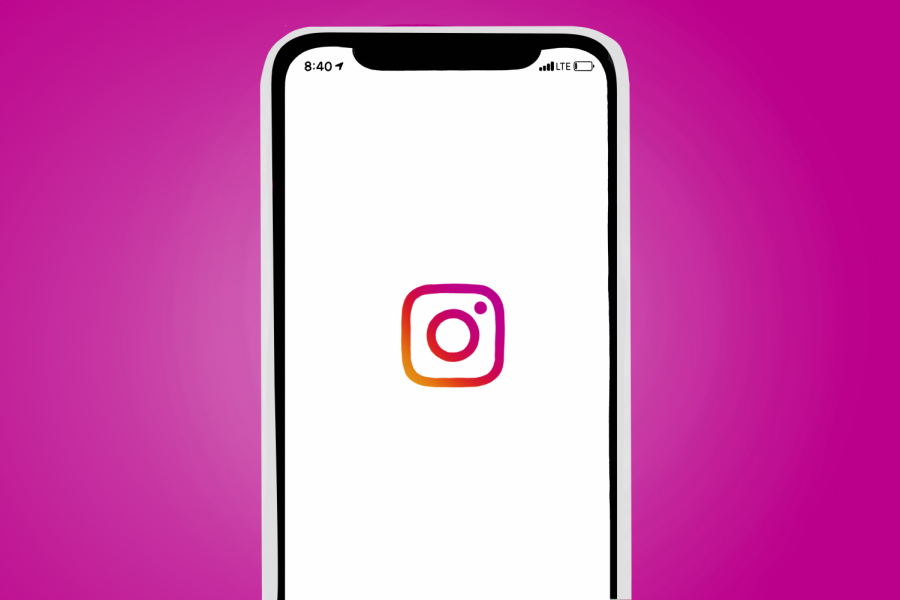Nationwide research project sheds light on the relationship between COVID-19 misinformation and social media
Social media has profound effects on COVID-19 misinformation, a study involving a Northwestern professor found.
October 12, 2020
A nationwide survey involving political science Prof. James Druckman found that social media users are more likely to believe misinformation about COVID-19, resulting in public health consequences.
The study is part of a large-scale collaboration between Northwestern, Rutgers University, Northeastern University and Harvard University.
Researchers from all four schools began the project in March in order to provide more insight on the impact of COVID-19 on Americans, Rutgers Prof. Katherine Ognyanova said. She added each survey has garnered around 20,000 responses from all 50 states.
“We’ve now worked on this project for over six months,” Ognyanova said. “Along the way, we’ve encountered both positive and negative surprises.”
The report was based on data collected from 21,000 people through an online survey from Aug. 7 to Aug. 26 asking what Americans thought about 11 false claims related to COVID-19. According to the report, those who rely on social media for news information are more likely to believe false claims about risk factors and preventative treatments.
Druckman generated survey ideas and wrote cohesive reports beginning in March. He said the misinformation survey merely confirmed existing fears.
“The amount of misinformation is what I would have expected, but it’s fairly troubling,” Druckman said. “I don’t know if anything jumps out at me as shocking.”
For each misconception about COVID-19, between 7 and 22 percent of respondents indicated that they believed the claim, with 7 percent agreeing that the flu vaccine increases the risk of getting COVID-19 and 22 percent believing that COVID-19 started in a Chinese laboratory as a weapon.
With social media taken into account, 28 percent of Snapchat users and 23 percent of Instagram users believed false claims of the 11 from the survey.
The results also showed racial gaps in belief in misinformation, with Black Americans holding an average level of belief in the false claims of 17 percent and White and Asian Americans with an average level of belief of 13 percent.
“We find these persistent racial gaps, which are unfortunate, echoing the morbidity data that minority communities are more affected,” Druckman said. “We’re finding that in how it’s affected their lives and their mental health and economic situation.”
COVID-19 misinformation could have serious consequences, according to the survey. For one, only 47 percent of respondents who believe COVID-19 began as a weapon from a Chinese lab said they would receive a vaccination, compared to 63 percent of those who do not believe the claim.
Harvard Prof. Matthew Baum said the data collection on a scale as large as this one has the potential to create change.
“There’s no way to know how much effect your work actually has,” Baum said. “All we can do is measure how much attention it generates around the country. But it feels like it has the potential for influence because we have made available a lot of information about the pandemic across all 50 states.”
Email: leahparsons2023@u.northwestern.edu
Twitter: @leah_pars
Related Stories:
— Northwestern astronomers detect massive black hole as part of international collaboration
— Despite speculation, Northwestern climate scientists say COVID-19 is not slowing climate change



